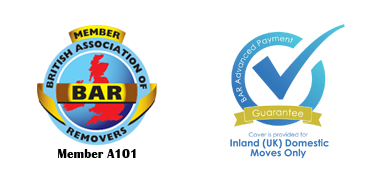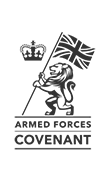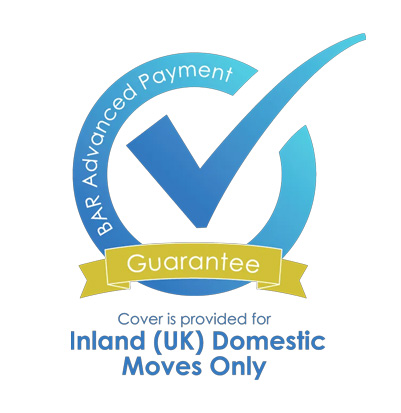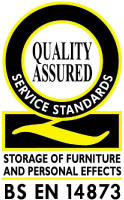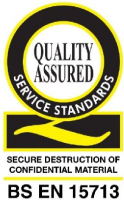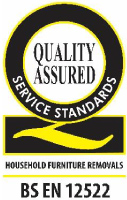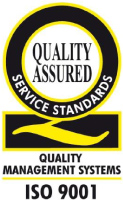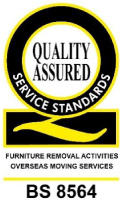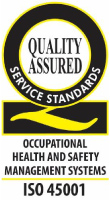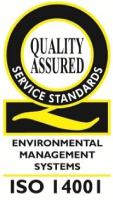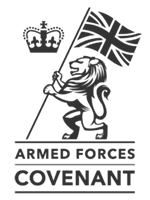Banking In France
Basic French monetary systems for paying utility bills, opening bank accounts are similar to the UK, with comparable requirements for proof of ID, etc. Online banking in France is on the rise and there are some familiar UK banks now operating across the country.
Here’s a quick rundown of all things banking to help get you started.
Paying Utility Bills
Typically in France utility bills are sent every two months or you can arrange monthly bills/payment. You can pay upon receiving each bill (by bank transfer or cheque) or you can set up a direct debit to automatically pay each bill as it arrives. Meter readings are usually taken once or twice a year, however smart metres are increasingly common in France.
Bills from utility companies are usually split into three charges.
- Subscription Charge (‘Abonnement’) – This is based on the tariff you have agreed to.
- Usage Charge – This is based on the actual amount of energy/water used.
- Fees & Taxes – These are separated in your bill but payable at the same time as the other two charges.
Cash
Cash is still king in France. Legally transactions above €3,000 are required to be paid by other means (such as cheque or bank transfer). In general cash is more commonly used in France than it is in the UK.
Cheques
Unlike other countries where they are being phased out, cheques are still widely used in France. French cheques clear much more quickly (usually within 48 hours) cheques are treated as cash under French law so even backdated cheques will be cleared immediately. Should a cheque not have sufficient funds to be paid, charges are applied. Failure to pay charges can prevent you from obtaining a debit/credit card or opening another account, even with another bank.
Transfers
To pay via bank transfer (virements), you’ll need to provide full account details of the payee (name, account number, branch name, branch address). These details are normally supplied by the payee and can be found on their RIB (rélevé d’identité bancaire) or RIP (rélevé d’identité postal).
Direct Debits
The most common and practical way of paying regular bills, direct debits (prélèvements automatiques) can be set up in branch, via online banking or telephone banking. Once again you will need the payee details in advance using the RIB or RIP.
Ready to start planning your move? Get a free quote.
Online Banking
As with most European countries, online banking is becoming increasingly common and most French banks have apps you can download direct to your phone to manage your account, set up direct debits, make instant payments/transfers, etc.
It is generally easier to have a French bank in order to make payments but not legally required (despite some claims to the contrary). However, you may find sticking with your English speaking bank easier for communication or dealing with problems.
If you do prefer the idea of staying with an English speaking bank, Barclays, HSBC and Citibank all operate in France. It’s also worth noting that larger French based companies like BNP Paribas and Credit Agricole do have English speaking staff.
Opening A Bank Account In France
If you do wish to open a French bank account, it is a relatively simple process, not unsimilar to opening an account in the UK. You can open an account before moving to France as long as you place some funds in it. You will be provided with a bank card, access to online services, direct debit facilities, although some banks won’t provide credit cards to non-residents.
Depending on where you’re banking and the exact circumstances, you are most likely to be asked to provide;
- Photo ID, proof of identity
- Proof of address
- Proof of earnings/employment contract
- Birth certificate
- Marriage certificate (if opening a joint account)


